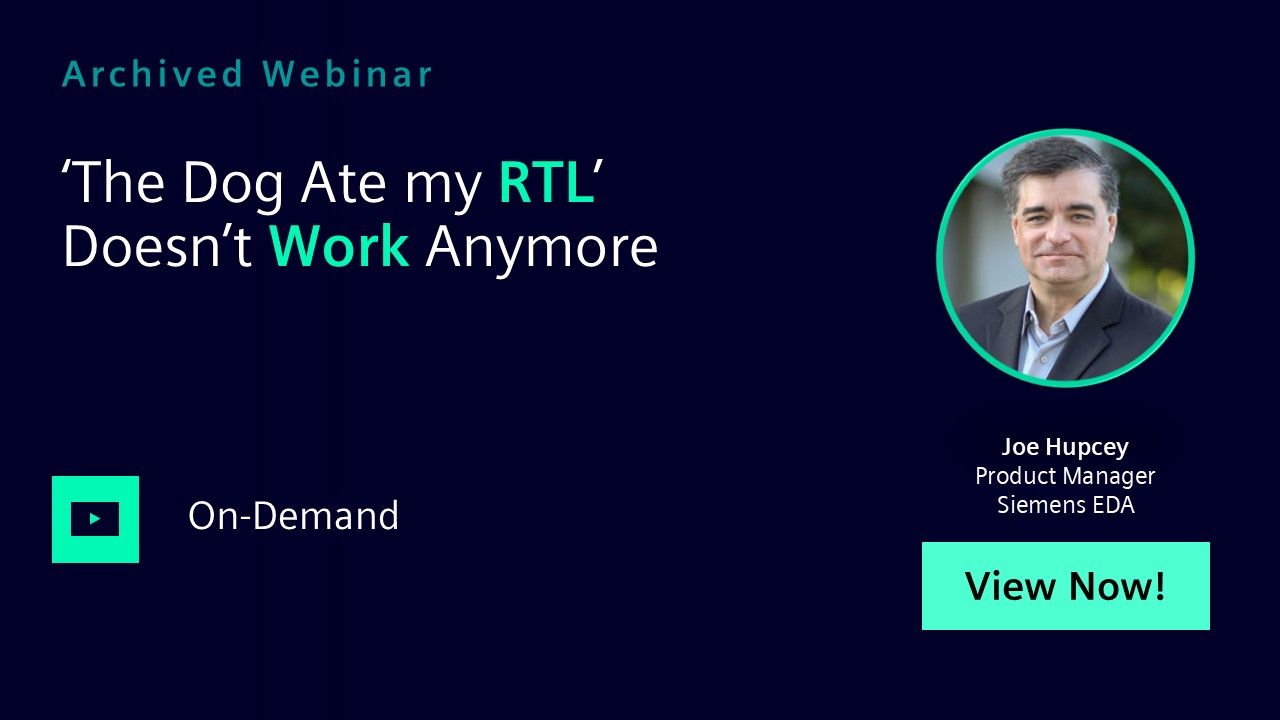Browse all content in Verification Academy: Articles, Cookbooks, Resources, Sessions, and Tracks
Search Results - 35 results
Filters
June 2025
-
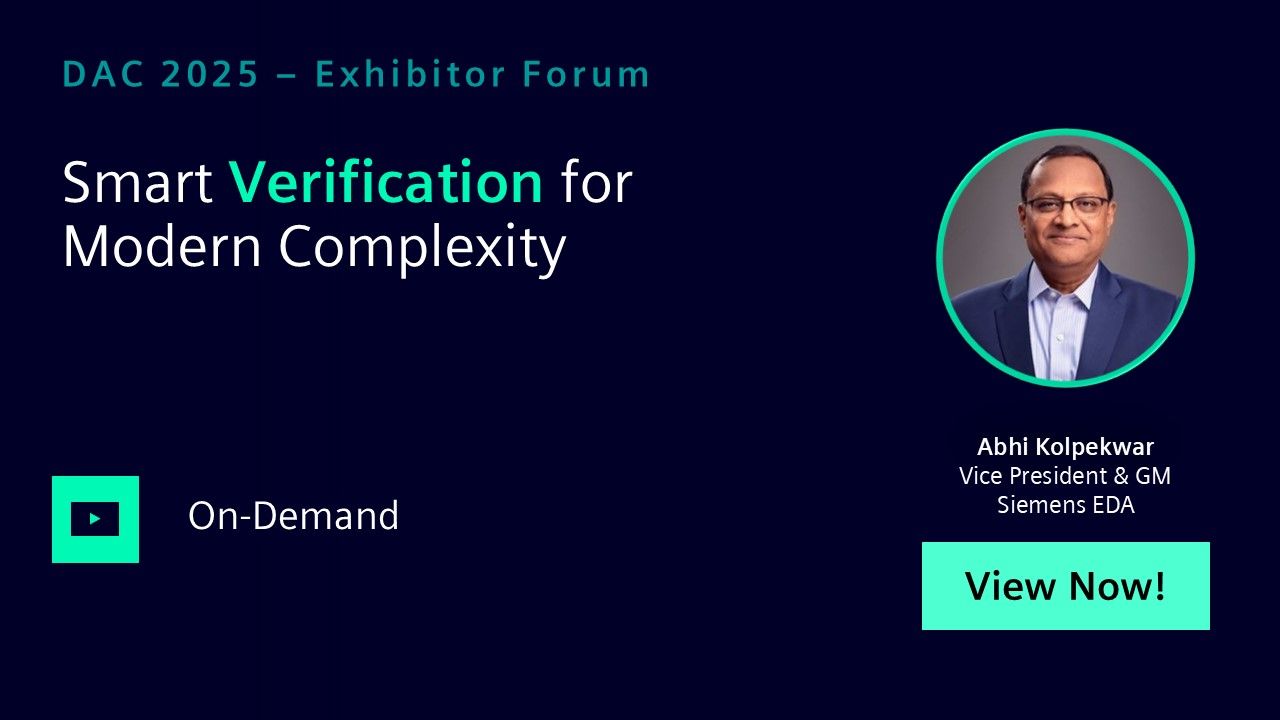
-
Industrial-Grade AI in EDA: From Promise to Practice — A Siemens Panel at DAC 2025
Machine Learning Jun 17, 2025 link -
Generative AI: The Hype, The Hope, The Hard Truths — And the Debate at DAC
Machine Learning Jun 17, 2025 link -
From Rule-Based Beginnings to AI-Driven Design: Tracing the Evolution of AI in EDA
Machine Learning Jun 03, 2025 link
June 2024
-
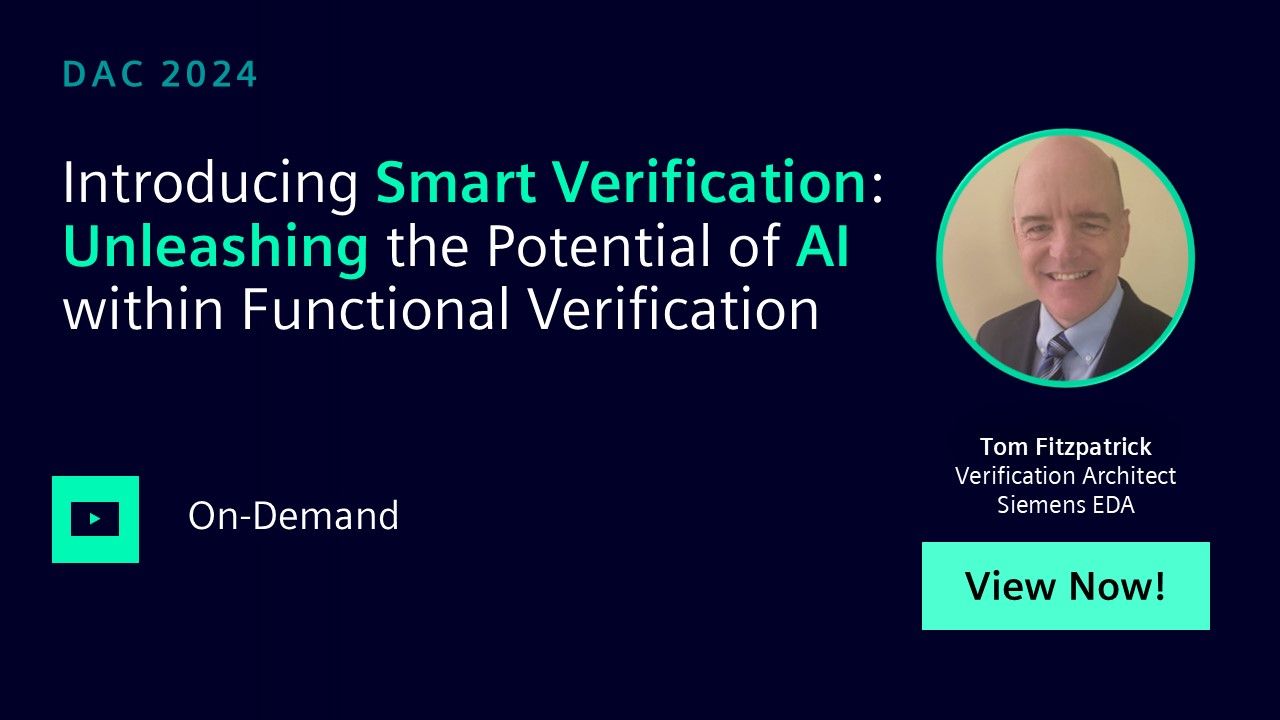
Introducing Smart Verification: Unleashing the Potential of AI within Functional Verification
Machine Learning Jun 24, 2024 Conference -
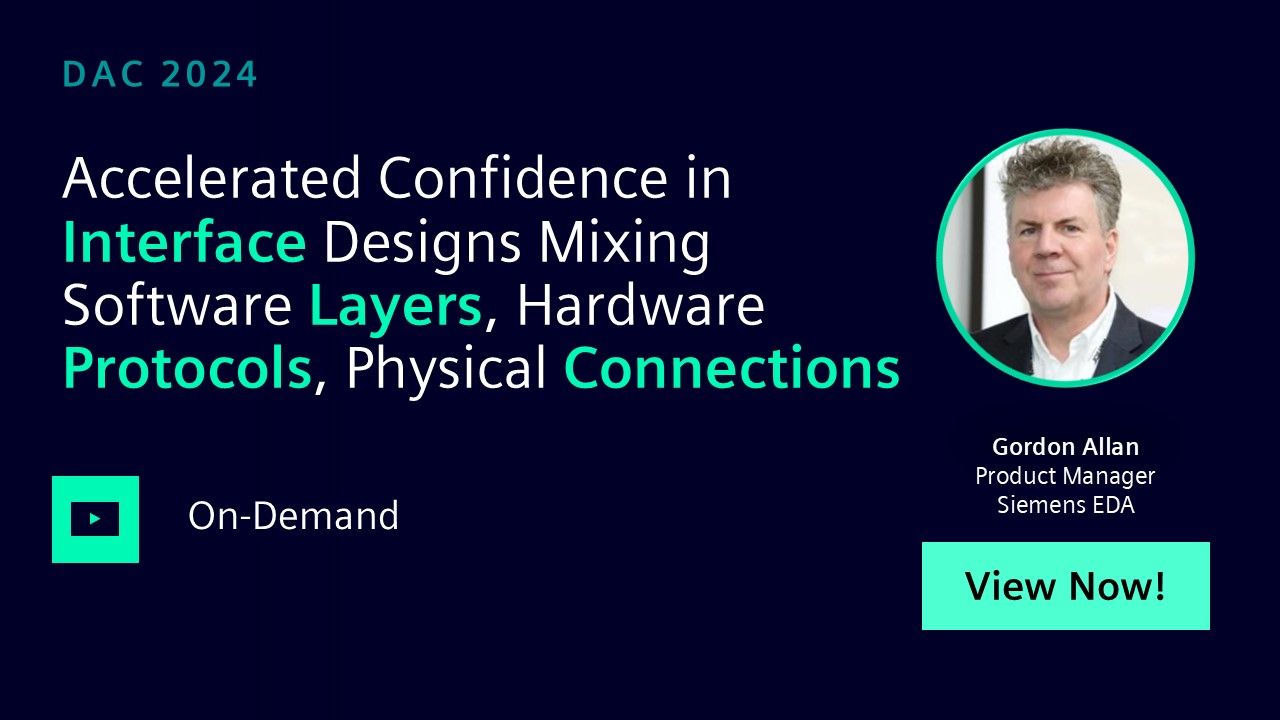
Accelerated Confidence in Interface Designs Mixing Software Layers, Hardware Protocols, Physical Connections
Verification IP Jun 24, 2024 Conference -
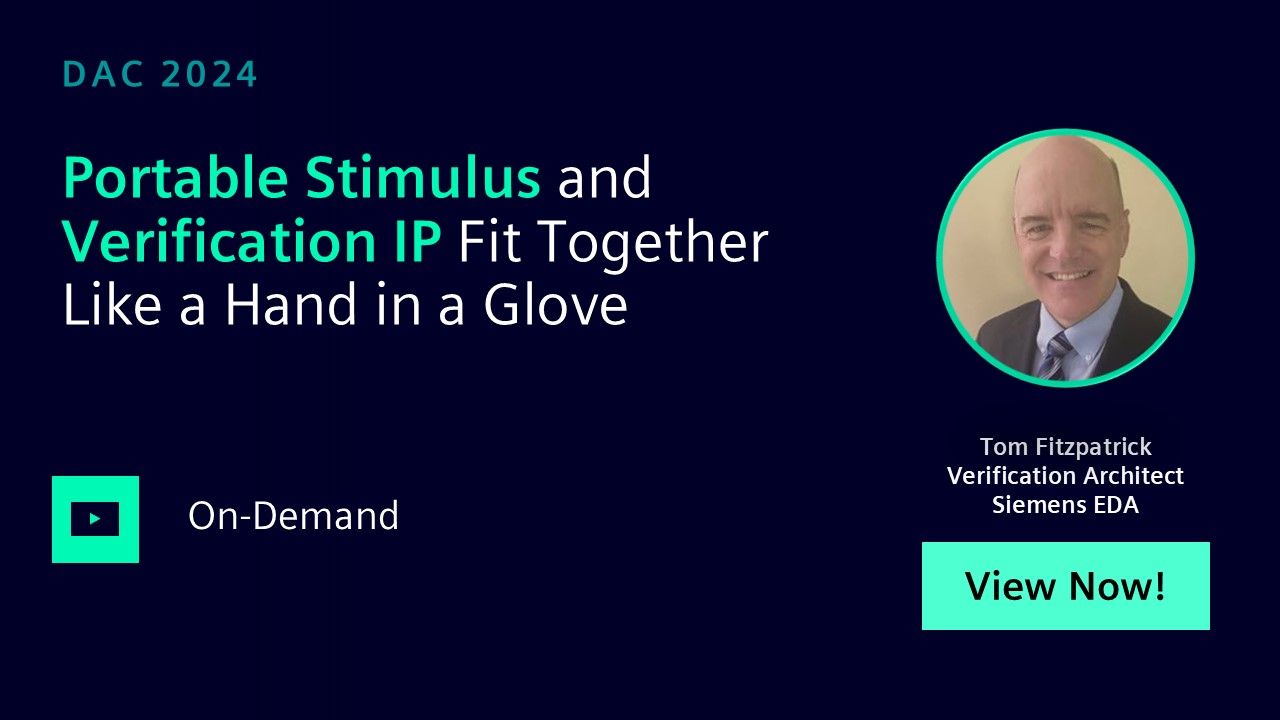
Portable Stimulus and Verification IP Fit Together Like a Hand in a Glove
Portable Stimulus Jun 24, 2024 Conference -
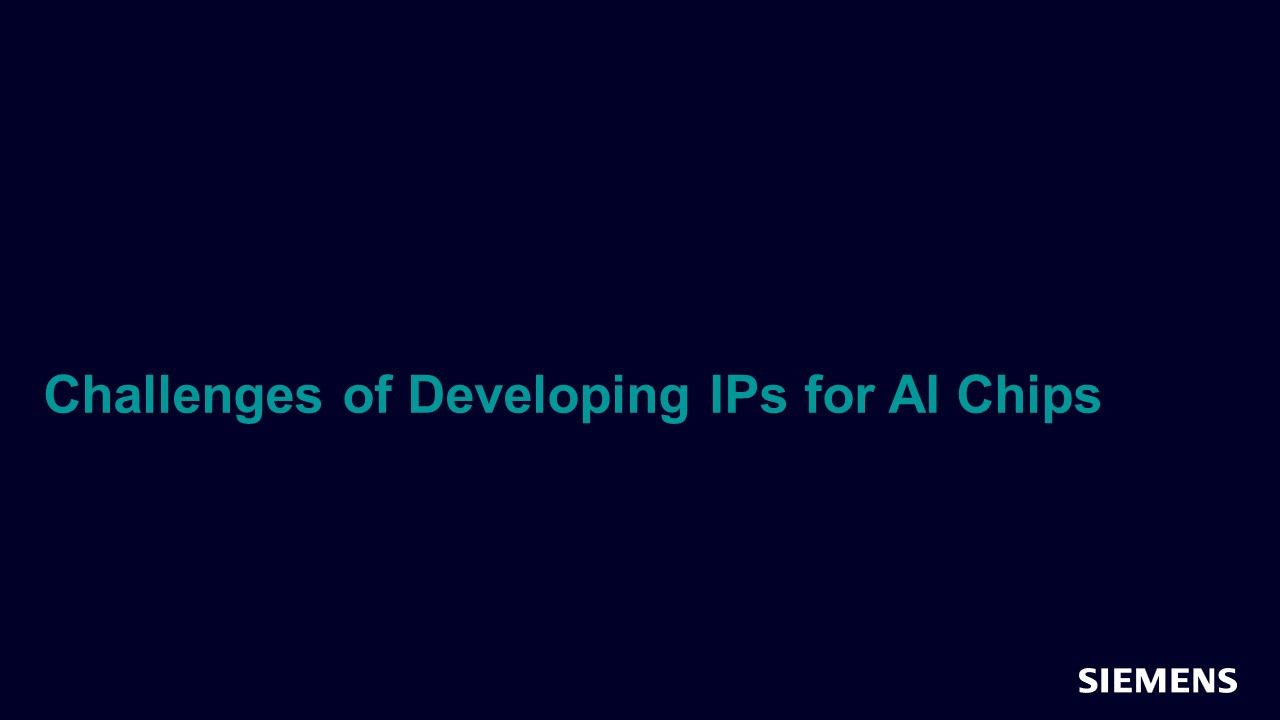
May 2024
February 2022
July 2019
-
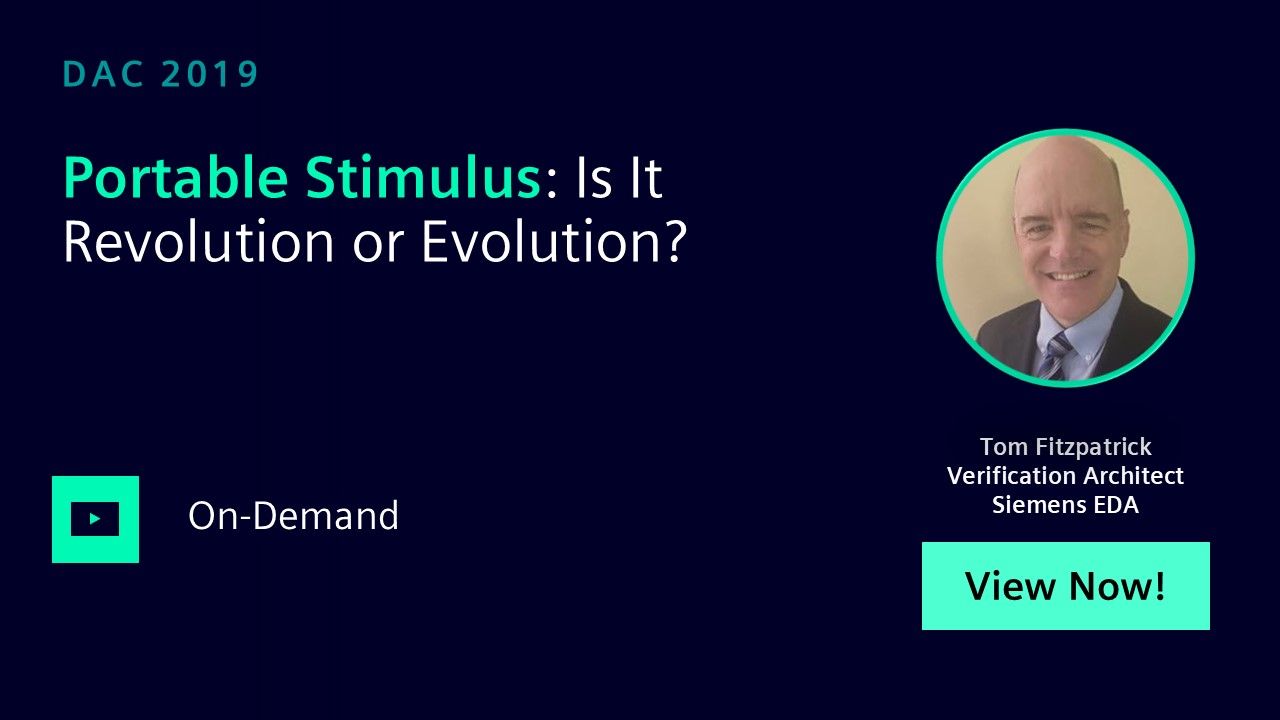
-
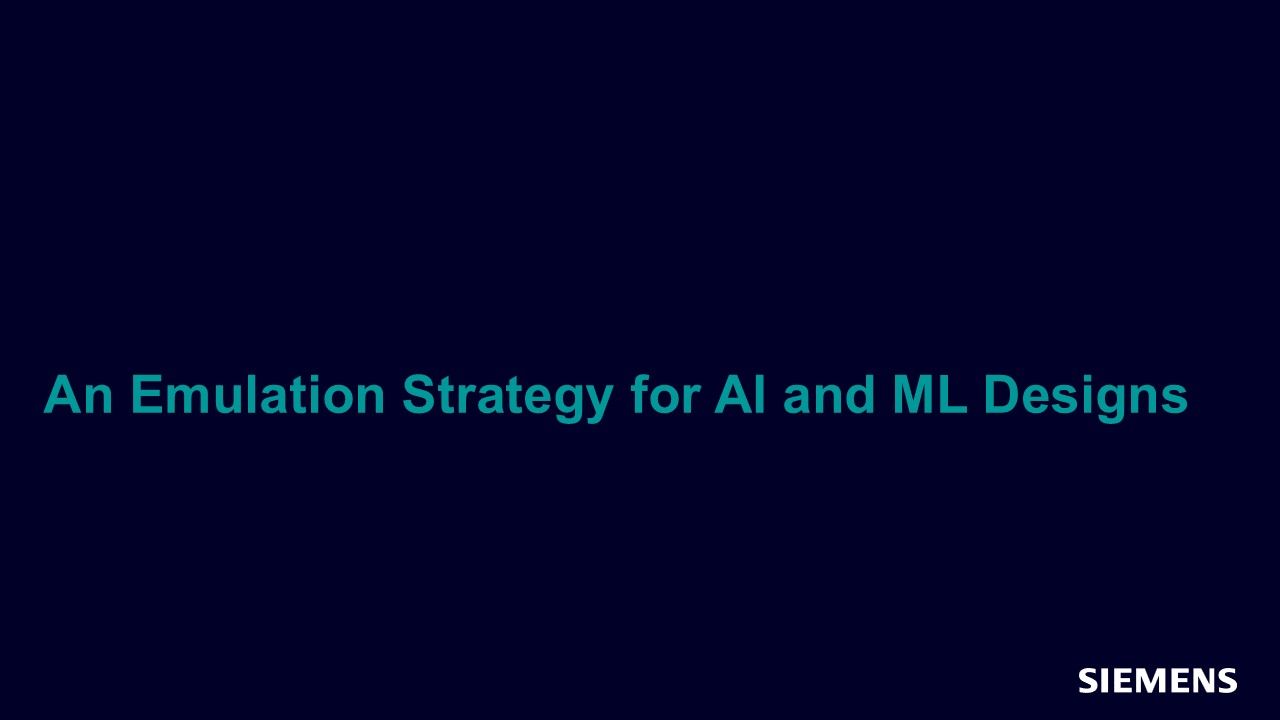
-
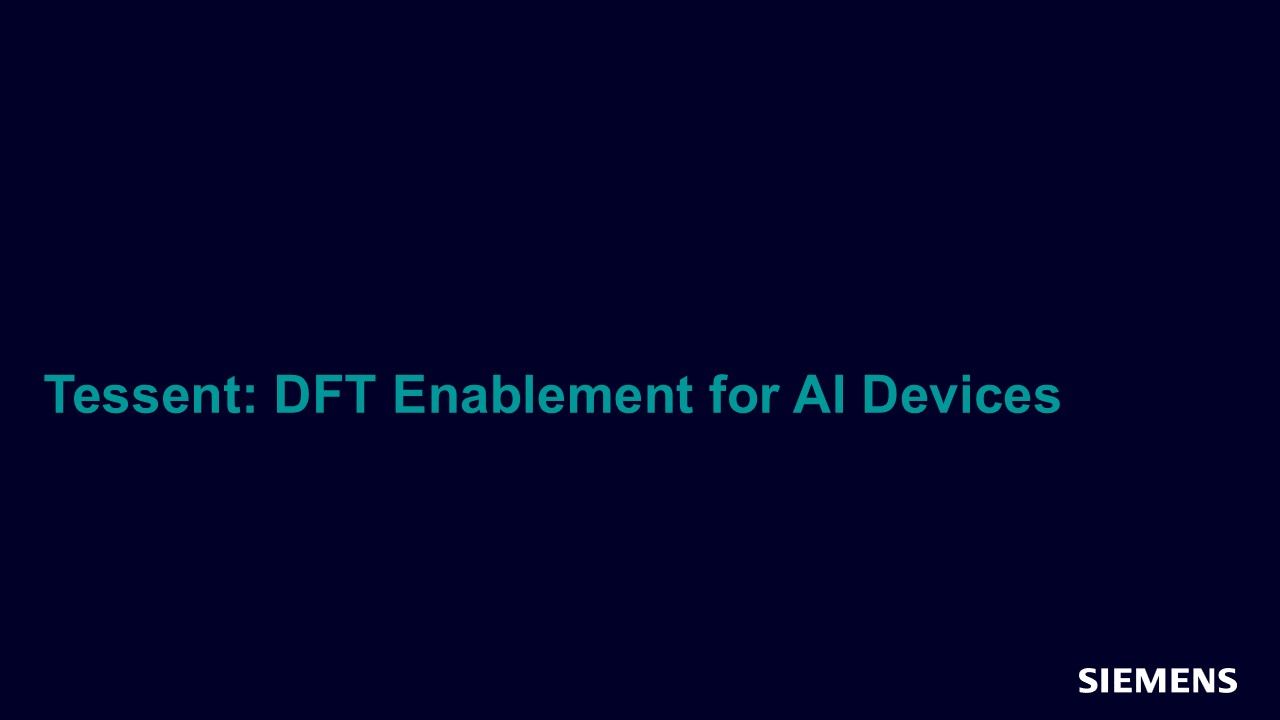
-
Questa Verification IP and Portable Stimulus Maximize Your UVM Productivity
Portable Stimulus Jul 11, 2019 pdf
August 2018
-
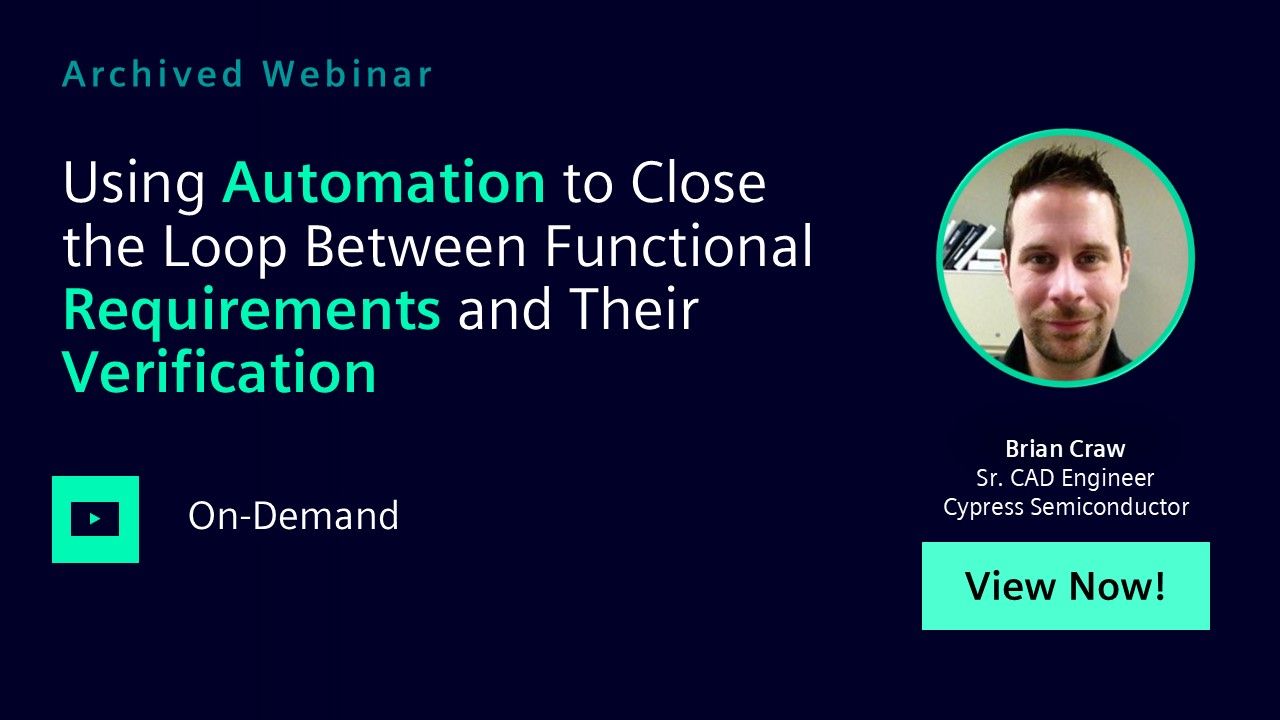
Using Automation to Close the Loop Between Functional Requirements and Their Verification
Planning, Measurement and Analysis Aug 10, 2018 Webinar -
Using Automation to Close the Loop Between Functional Requirements and their Verification
Planning, Measurement and Analysis Aug 10, 2018 pdf
July 2018
-
No One Expects Gate Level CDC Verification and Glitch Detection for ASIC Signoff!
Questa Design Solutions Jul 26, 2018 mp4
